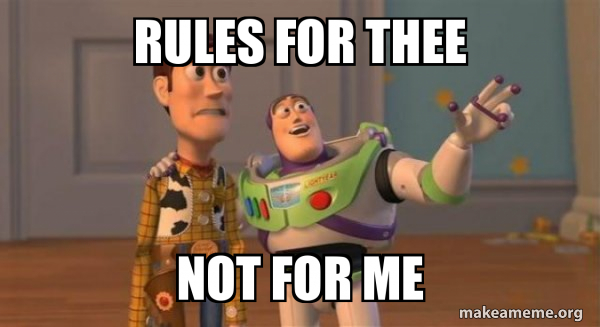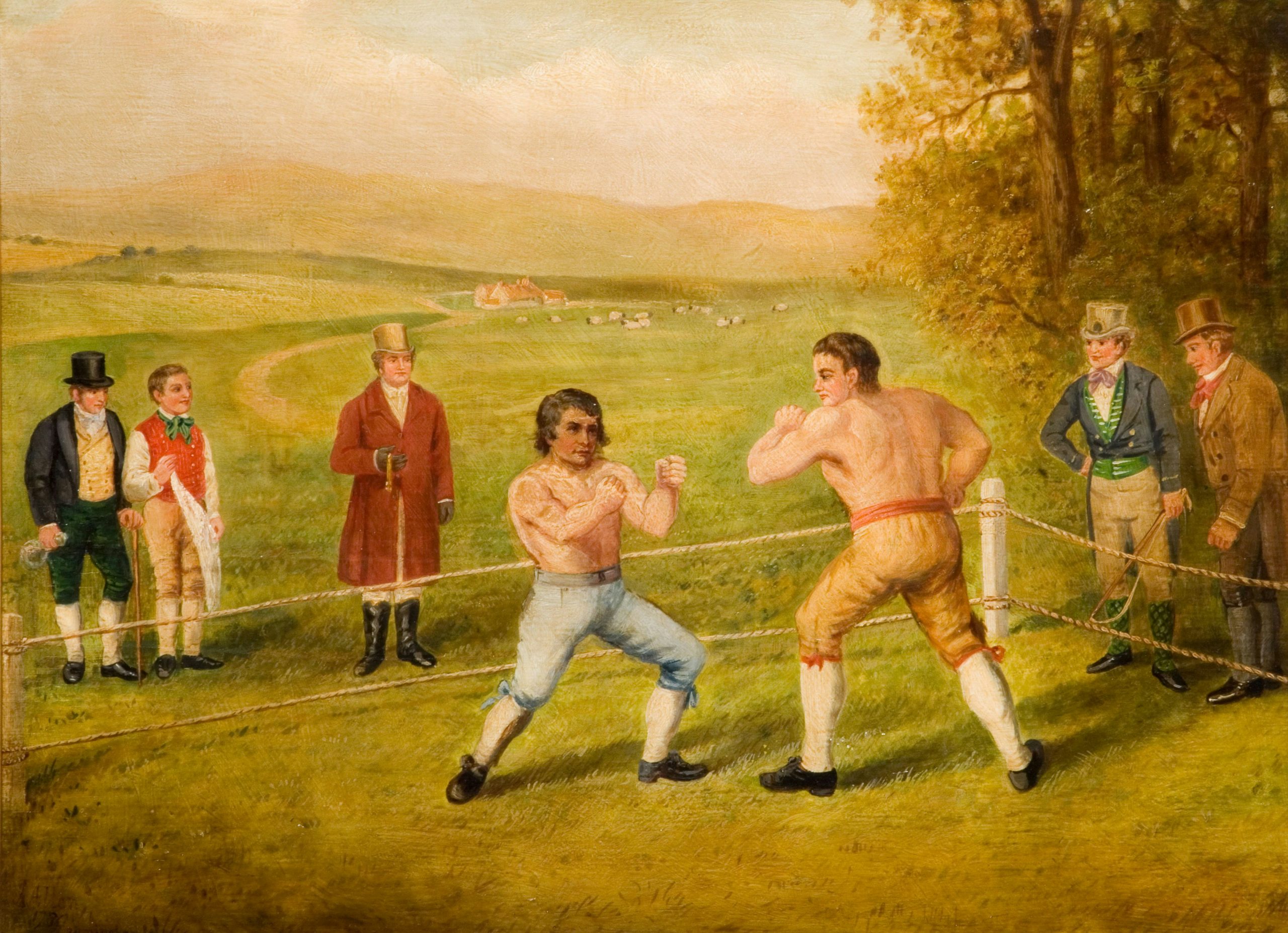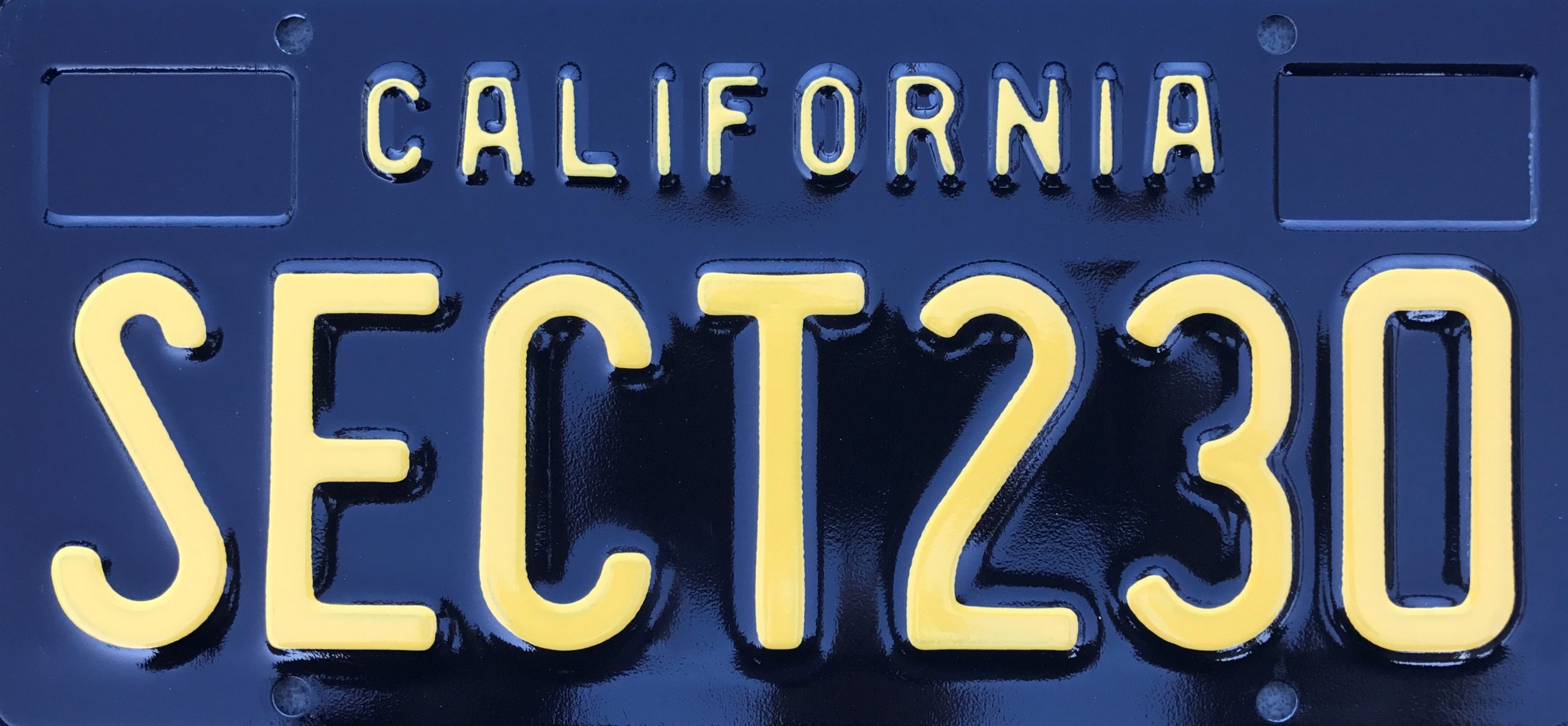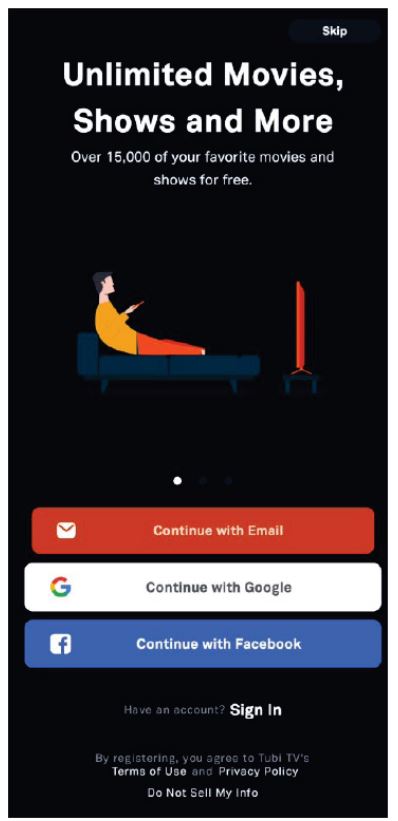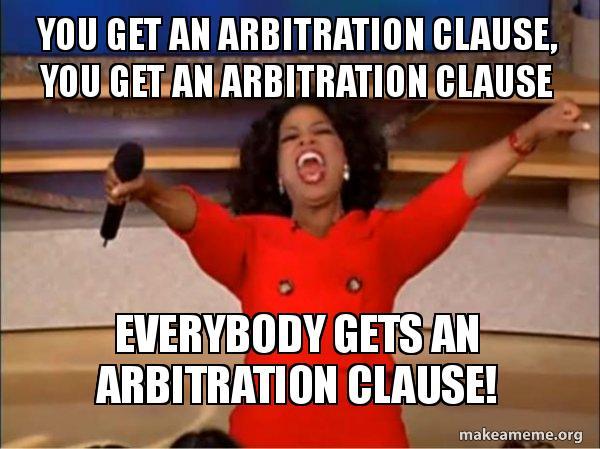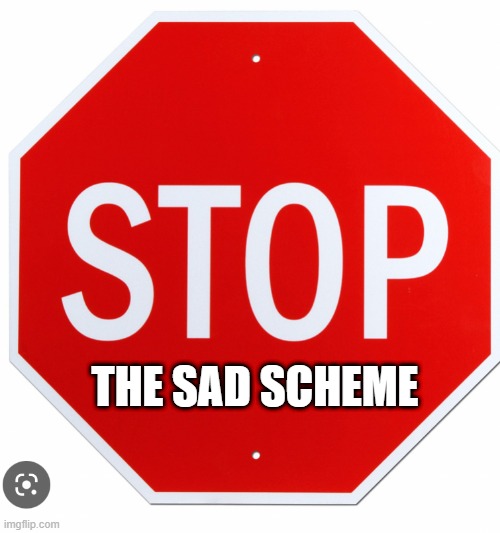Web Scraping for Me, But Not for Thee (Guest Blog Post) - Technology & Marketing Law Blog
by guest blogger Kieran McCarthy There are few, if any, legal domains where hypocrisy is as baked into the ecosystem as it is with web scraping. Some of the biggest companies on earth—including Meta and Microsoft—take aggressive, litigious approaches to...| Technology & Marketing Law Blog
Catching Up on the Heavyweight Scraping Battle Between X and Bright Data (Guest Blog Post) - Technology & Marketing Law Blog
by guest blogger Kieran McCarthy Last year, I wrote about how Elon Musk had inadvertently become web scrapers’ most powerful legal advocate. Not because he wanted to advocate for them. But rather, in seeking to enforce a no-scraping ban in...| Technology & Marketing Law Blog
If "Trespass to Chattels" Isn't Limited to "Chattels," Anarchy Ensues-Best Carpet Values v. Google - Technology & Marketing Law Blog
Trigger warning: this is a terrible opinion. Let’s hope the judge corrects his errors or that the appeals court does it for him. * * * This opinion addresses a venerable issue in Internet Law: can a website control how...| Technology & Marketing Law Blog
Court Overturns a Bad Jury Verdict Against Scraping-Ryanair v Booking (Guest Blog Post) - Technology & Marketing Law Blog
by guest blogger Kieran McCarthy This summer, I wrote that the jury trial between Ryanair and Booking Holdings ended in the strangest way possible. The jury returned a verdict that Booking Holdings had caused exactly $5,000 in legally cognizable “loss”...| Technology & Marketing Law Blog
DC Circuit Says the TikTok Ban Is Censorship, But Upholds It Anyway-TikTok v. Garland - Technology & Marketing Law Blog
The D.C. Circuit held that Congress’ TikTok ban survived a variety of Constitutional challenges, including a First Amendment challenge, even if strict scrutiny applies. The decision will be appealed to the U.S. Supreme Court, with uncertain prospects, so this is...| Technology & Marketing Law Blog
Section 230 Applies to Claims Over Hijacked Accounts (Except Maybe Verified Accounts)-Wozniak v. YouTube - Technology & Marketing Law Blog
More Bitcoin litigation 🙄. This time, malefactors hijacked popular YouTube channels and uploaded videos promoting Bitcoin scams: First, scammers will breach YouTube’s security to unlawfully gain access to verified and popular YouTube channels with tens or hundreds of thousands of...| Technology & Marketing Law Blog
Tubi's TOS Formation Fails-Campos v. Tubi - Technology & Marketing Law Blog
This is a Video Privacy Protection Act (VPPA) case 🙄 against the video streaming platform Tubi. Tubi sought to send the case to arbitration per its TOS. The court says no. The account signup page on mobile devices looked like...| Technology & Marketing Law Blog
Section 230 Doesn't Apply to Sending Non-Consensual Pornography by Postal Mail-Doe v. Spencer - Technology & Marketing Law Blog
Spencer’s wife had an extra-marital affair with Doe. Doe sent “photographs and screen shots of sexually explicit images” to the wife. Spencer, the husband, came into possession of these materials via unspecified means. He assembled various collages of the images...| Technology & Marketing Law Blog
Think You Understand Online Trespass to Chattels Law? Think Again-In re Meta Healthcare Pixels - Technology & Marketing Law Blog
This is one of the many pending “Pixel” cases. If you don’t recall, a “pixel” is a 1×1-pixel image file that is imperceptible to web visitors. A website adds code to its web page that summons the pixel from a...| Technology & Marketing Law Blog
Two More Cases Compel Arbitration for Dubious Online Contracts (Guest Blog Post) - Technology & Marketing Law Blog
by guest blogger Kieran McCarthy The intersection of the Federal Arbitration Act and the law of online contracts has become utterly corrosive to our legal system. Many people think this is true. But not enough lawyers say it often enough....| Technology & Marketing Law Blog
N.D. Cal. Judge Pushes Back on Copyright SAD Scheme Cases-Viral DRM v. YouTube Schedule A Defendants - Technology & Marketing Law Blog
My SAD Scheme paper provided some data indicating that 88% of SAD Scheme cases involved trademarks, with only 6% each in copyright and patents. So SAD Scheme copyright cases aren’t unheard of, but they are rare. * * * A...| Technology & Marketing Law Blog

